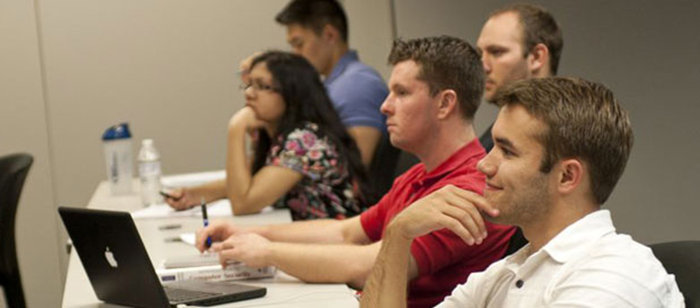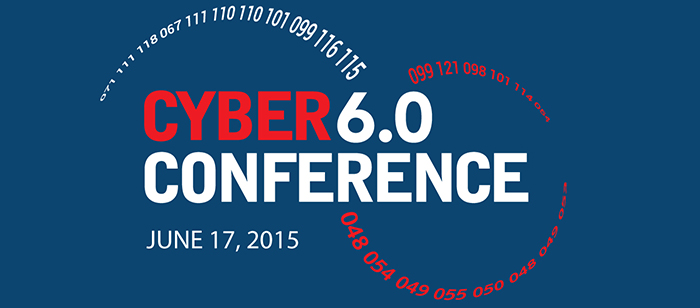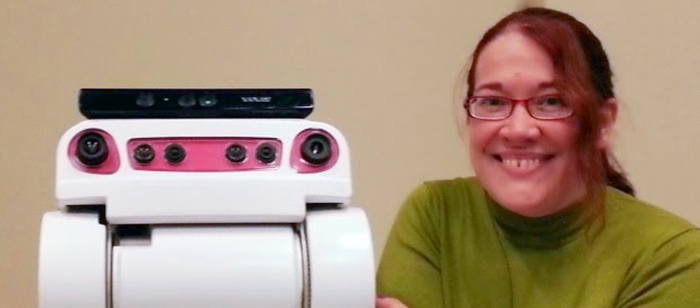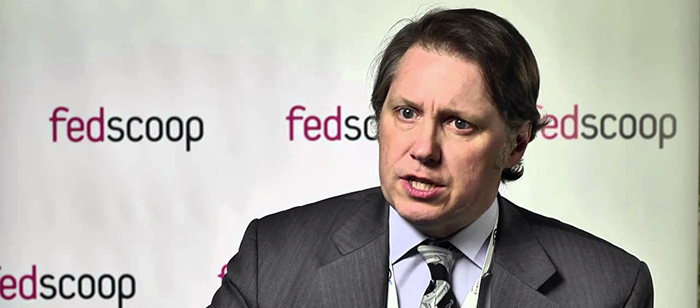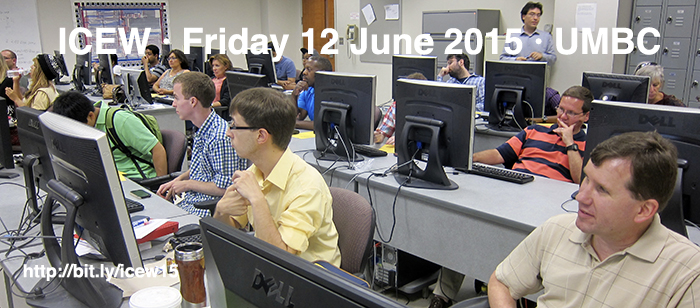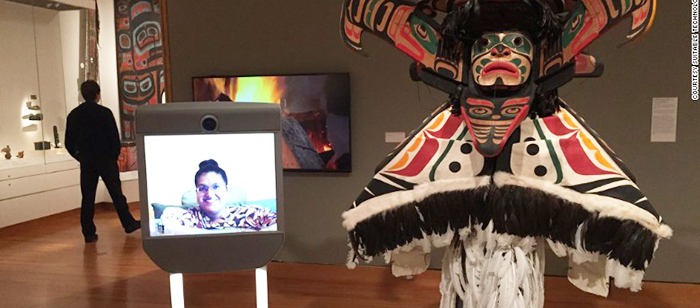
CSEE Ph.D. student Kavita Krishnaswamy will give a talk entitled Robotics for Independence sponsored by Refresh Baltimore on May 20 at 7:00pm. The talk will be given at Betamore, 1111 Light Street in Baltimore. Refreshments at 6:30, RSVP online.
Robotics for Independence
Kavita Krishnaswamy
7:00pm Wednesday, 20 May 2015
Betamore, 1111 Light St., Baltimore
The future is here! In this talk, Kavita will discuss the development of robotic systems and how they provide assistance and increase independence for people with disabilities. Kavita will introduce several prototype robotic systems that support transferring, repositioning, and personal care, and focus on accessible user interfaces for control that are feasible for persons with severe disabilities.
Kavita Krishnaswamy is a Ph.D. candidate in Computer Science at the University of Maryland, Baltimore County working with Dr. Tim Oates. As a professional researcher with a physical disability, Kavita is motivated by a powerful, innate force: autonomy is the soul of independent daily living that is achieved with the advancement of technology. She is both a Ford Foundation Predoctoral and National Science Foundation Graduate Research Fellow. Kavita has worked at the National Science Foundation's Engineering Research Center – Quality of Life Technology Center (QoLT) in Carnegie Mellon and University of Pittsburgh and IBM Business consulting services.
Refresh Baltimore describes itself as "a community made up of sharp design and development professionals, creative minds and Baltimore technologists looking to learn from one another and apply critical thinking to the industry."
